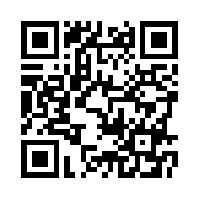A comparative study on knowledge and perceptions of radioactivity
Keywords:
Radioaktiwiteit, onderwyser kennis, persepsies, risiko, veiligheid, besluitneming, tekortkomings model
Abstract
This explanatory study was done to get an understanding of how three groups of preservice teachers� knowledge and perceptions of radiation compare to that of experts. The first group consists of students with factual radiation knowledge, due to their training. The second group is students with limited knowledge and the third group students with no official training in this area. The last group represented ordinary citizens. Experts were used as �yard stick� as the participants had to answer questions where decisions and reasons had to be presented based on their knowledge. A non-equivalent ex post facto group design was used. The hypothesis that factual information shapes citizens� decisions on certain aspects of radiation was investigated. The quantitative data collected via closed-ended questions in a Lickert questionnaire, was analysed and statistically significant differences were indicated. The qualitative data was collected as open-ended responses to the Lickert questionnaire. As expected the students with more factual knowledge compared most favourable with that of the experts where perceptions are directly related to formal education. However, this premise of knowledge was not found with regard to perceptions of health, environment, safety and risk due to a diversity of applications.
Published
2014-11-13
How to Cite
Kriek, J., Basson, I., Coetzee, C., & Muller, H. (2014). A comparative study on knowledge and perceptions of radioactivity. Suid-Afrikaans Tydskrif Vir Natuurwetenskap En Tegnologie / <i>South African Journal of Science and Technology</I>, 33(1), 9 bladsye. https://doi.org/10.4102/satnt.v33i1.1172
Issue
Section
Oorspronklike Navorsing

